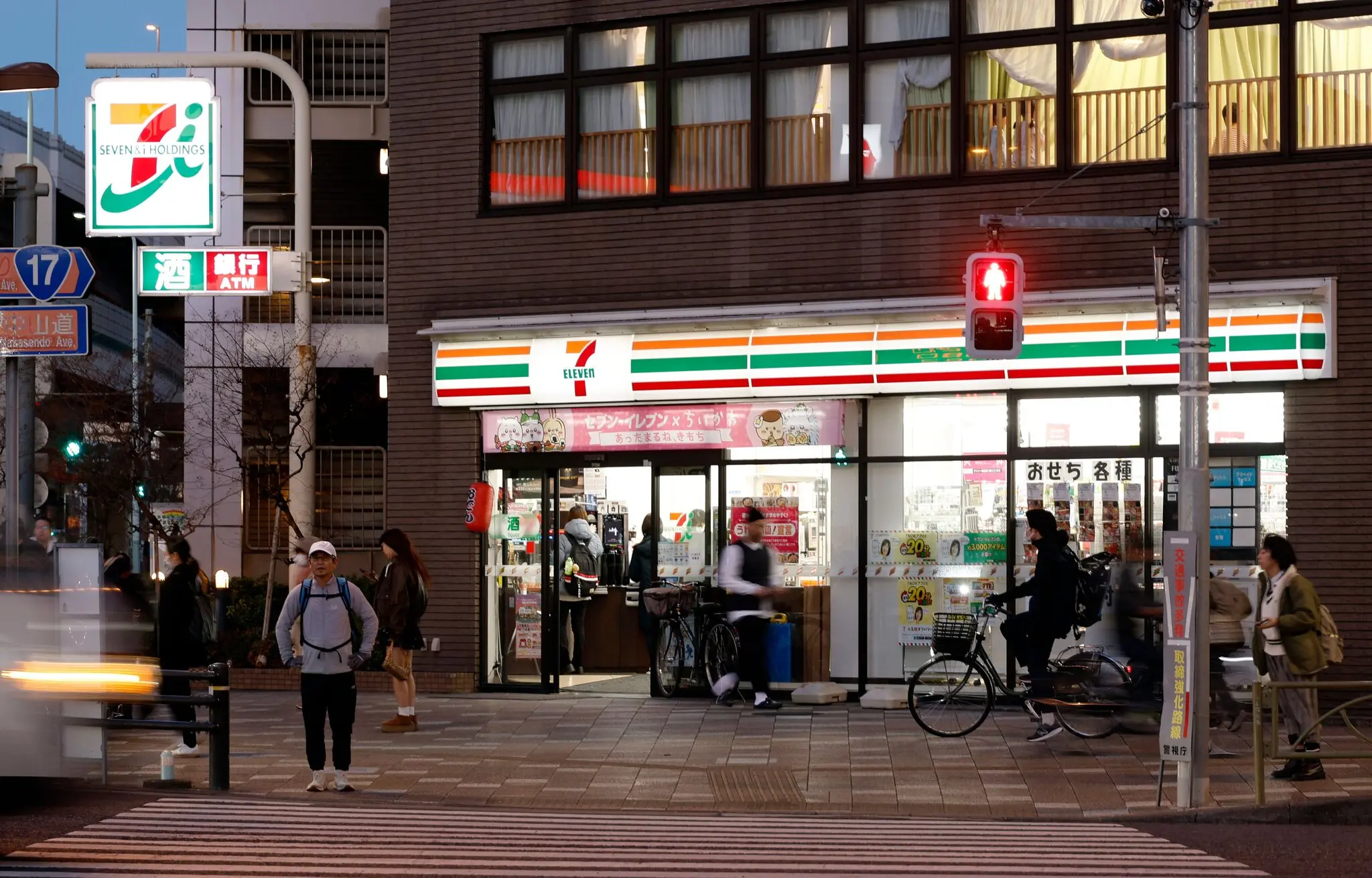After a year of prolonged negotiations marked by dramatic twists and turns, the Canadian retailer Alimentation Couche-Tard said it was abandoning its multibillion-dollar bid to acquire the owner of 7-Eleven convenience stores.
When Couche-Tard, which operates Circle K convenience stores, approached Seven & i Holdings, the Japanese owner of 7-Eleven, last summer about a potential acquisition, it set off a whirlwind of activity around the struggling retail giant.
Over the past year, Seven & i has fielded not only the $47 billion offer from Couche-Tard but a takeover attempt from the son of its founder. It has also seen the arrival of a new management team, led by a Japanese American retail executive who pledged to spearhead growth independently.
In a letter to Seven & i’s board on Thursday, Japan time, Couche-Tard said it was withdrawing its proposal because of a lack of “sincere or constructive engagement” that would allow the deal to progress. It accused Seven & i of a “calculated campaign of obfuscation and delay.”
Seven & i said in a statement that it would accept Couche-Tard’s decision, though it found the announcement “regrettable.” It also defended its actions, saying the Couche-Tard letter contained “numerous inaccurate statements” and that its special committee had engaged in “sincere and constructive discussions.”
The battle for control of 7-Eleven has been widely watched as a barometer of the sweeping changes underway in corporate Japan. It’s seen as a test of how far Japanese companies, long burdened by low valuations, are willing to go to boost shareholder value.
For much of the past decade, Seven & i had been at war with activist investors from the United States who argued it would be worth more if it focused solely on its core convenience stores and sold off its struggling peripheral businesses. That agitation had spurred little action.
In recent years, however, more companies have been responding to pressure from Japanese officials and others to take steps — such as properly considering takeover offers — that would demonstrate an openness to reforms that might create more value for shareholders.



